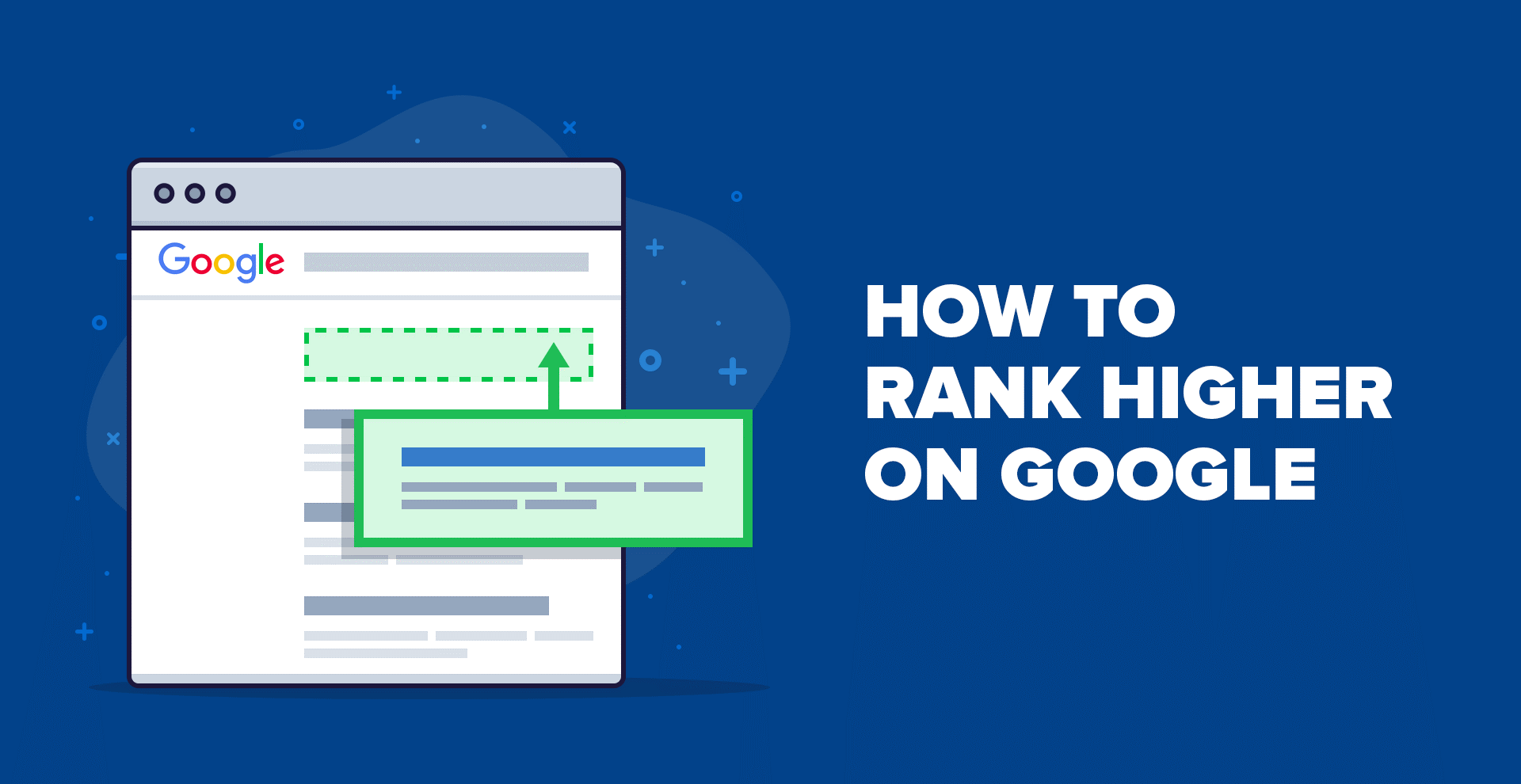
As industries evolve, blockchain technology is leading the way, with innovations like Ewallet app development transforming how we handle transactions securely and efficiently. Blockchain technology, initially developed as the underlying framework for Bitcoin, has evolved far beyond its original purpose. Today, it stands as a revolutionary force poised to disrupt various industries, from finance to healthcare, and from supply chain management to entertainment. As businesses and governments worldwide explore blockchain's potential, it becomes clear that this technology is not just a passing trend but a fundamental shift in how data is stored, shared, and secured.
The Fundamentals of Blockchain
At its core, blockchain is a decentralized digital ledger that records transactions across multiple computers in a way that ensures the data is immutable and transparent. Each block in the chain contains a number of transactions, and once a block is added to the chain, the information it holds cannot be altered retroactively without altering all subsequent blocks and obtaining consensus from the network. This structure makes blockchain inherently secure and resistant to tampering.
Transforming Finance: Beyond Cryptocurrency
While Bitcoin and other cryptocurrencies like Ethereum brought blockchain to the forefront, the technology's application in finance goes much deeper making it essential to learn crypto trading. Blockchain is now being used to streamline processes, reduce fraud, and enhance transparency in various financial activities.
Crypto Wallets: The Heart of Digital Finance
Crypto wallets are a critical component in the blockchain ecosystem, enabling users to store, manage, and transact with their digital assets securely. These wallets come in various forms, each offering unique features and benefits:
- Hot Wallets: Connected to the internet, they provide easy access to cryptocurrencies but are more vulnerable to hacking.
- Cold Wallets: Offline storage solutions, such as hardware wallets, offer enhanced long-term storage security.
- Software Wallets: Applications installed on computers or mobile devices, balancing convenience and security.
- Paper Wallets: Physical documents containing private keys and QR codes, providing a high level of security if stored properly.
The choice of a crypto wallet depends on the user's needs, balancing accessibility with security considerations.
Revolutionizing Supply Chain Management
Inefficiencies, fraud, and lack of transparency have long plagued supply chain management. Blockchain development offers a transformative solution by providing an immutable and transparent record of transactions and movements of goods. This can help in:
- Tracking and Tracing: Blockchain allows real-time tracking of products from the point of origin to the final destination, ensuring authenticity and reducing counterfeit goods.
- Improving Efficiency: Smart contracts automate processes such as payments and deliveries, reducing delays and human errors.
- Enhancing Transparency: All participants in the supply chain can access a single, tamper-proof ledger, fostering trust and collaboration.
Companies like Walmart and IBM are already leveraging blockchain to improve their supply chain operations, setting a precedent for widespread adoption.
Healthcare: Securing Patient Data
In the healthcare sector, data security and integrity are paramount. Blockchain offers a robust solution for managing patient records, ensuring that they are accurate, secure, and accessible only to authorized personnel. Benefits include:
- Data Integrity: Blockchain's immutability ensures that patient records cannot be altered or deleted, maintaining a trustworthy medical history.
- Interoperability: Blockchain facilitates seamless data sharing between different healthcare providers, improving patient care and reducing redundancies.
- Privacy and Security: Patients can control who has access to their data, enhancing privacy and compliance with regulations like HIPAA.
Projects like MedRec and IBM's blockchain solutions for healthcare are pioneering the integration of blockchain into medical records management, promising a more secure and efficient healthcare system.

The Entertainment Industry: Fair and Transparent
The entertainment industry, particularly music and digital content, faces challenges related to copyright infringement and fair compensation for creators. Blockchain offers solutions that ensure creators receive their due royalties and maintain control over their work.
- Smart Contracts: Automatically enforce royalty payments to creators when their content is used or purchased, eliminating intermediaries and reducing delays.
- Provenance and Ownership: Blockchain records the original creator and all subsequent transactions involving a piece of content, ensuring clear ownership and reducing piracy.
- Direct-to-Fan Sales: Artists can sell their work directly to fans using blockchain platforms, ensuring fair compensation and closer engagement.
Companies like Audius and Ujo Music are already using blockchain to empower artists and reshape the music industry.
Governance and Voting: Enhancing Trust and Participation
Blockchain can also transform governance and voting systems, addressing issues of transparency, fraud, and voter engagement. By providing a secure and transparent platform for voting, blockchain can enhance the democratic process.
- Security: Blockchain ensures that votes cannot be tampered with, maintaining the integrity of the electoral process.
- Transparency: All votes are recorded on a public ledger, allowing for transparent and auditable elections.
- Accessibility: Blockchain-based voting can facilitate remote and digital voting, increasing participation and making it easier for people to vote.
Countries like Estonia have already implemented blockchain-based voting systems, demonstrating the technology's potential to modernize and secure democratic processes.
Conclusion: A Future Shaped by Blockchain
Blockchain's potential to transform industries is vast and varied. As more sectors explore and adopt this technology, its impact will only grow, driving innovation and efficiency across the board. From secure crypto wallets to transparent supply chains, from protected patient data to fair compensation for artists, blockchain is unlocking a future where trust, transparency, and security are paramount. Accurate currency conversion tools like SLP to PHP are essential for gamers and investors involved in blockchain-based economies.
The journey of blockchain is just beginning, and its full potential is yet to be realized. However, one thing is certain: blockchain is here to stay, and its influence will be felt across industries for years to come.



